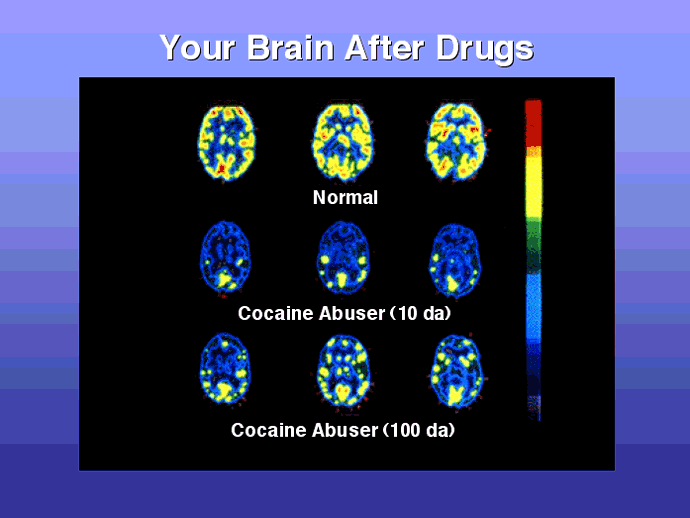Effects of drug abuse and addiction
Drugs are chemicals that affect the body and brain. Different drugs can have different effects. Some effects of drugs include health consequences that are long-lasting and permanent. They can even continue after a person has stopped taking the substance.
There are a few ways a person can take drugs, including injection, inhalation and ingestion. The effects of the drug on the body can depend on how the drug is delivered. For example, the injection of drugs directly into the bloodstream has an immediate impact, while ingestion has a delayed effect. But all misused drugs affect the brain. They cause large amounts of dopamine, a neurotransmitter that helps regulate our emotions, motivation and feelings of pleasure, to flood the brain and produce a “high.” Eventually, drugs can change how the brain works and interfere with a person’s ability to make choices, leading to intense cravings and compulsive drug use. Over time, this behavior can turn into a substance dependency, or drug addiction.
Today, more than 7 million people suffer from an illicit drug disorder, and one in four deaths results from illicit drug use. In fact, more deaths, illnesses and disabilities are associated with drug abuse than any other preventable health condition. People suffering from drug and alcohol addiction also have a higher risk of unintentional injuries, accidents and domestic violence incidents.
Substance use disorders are associated with a wide range of short- and long-term health effects. They can vary depending on the type of drug, how much and how often it’s taken and the person’s general health. Overall, the effects of drug abuse and dependence can be far-reaching. They can impact almost every organ in the human body.
- A weakened immune system, increasing the risk of illness and infection
- Heart conditions ranging from abnormal heart rates to heart attacks and collapsed veins and blood vessel infections from injected drugs
- Nausea and abdominal pain, which can also lead to changes in appetite and weight loss
- Increased strain on the liver, which puts the person at risk of significant liver damage or liver failure
- Seizures, stroke, mental confusion and brain damage
- Lung disease
- Problems with memory, attention and decision-making, which make daily living more difficult
- Global effects of drugs on the body, such as breast development in men and increases in body temperature, which can lead to other health problems


